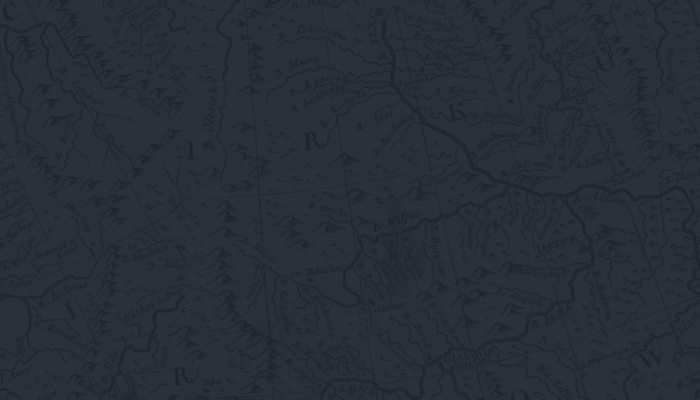Handover in Haiti

Jun 9, 2010

[Guest blog post: Jonathan Shuler is the multimedia journalist behind several Ushahidi videos. He has collaborated on the "Haiti trilogy" that includes Haiti 4636 and Ushahidi Haiti.] When was the last time you thought about the 2005 Tsunami in South East Asia? Thousands of people died, the GDP of many coastal economies in Indonesia, Sri Lanka, and the Maldives will not recover for another 10 years, but when did you last think about it? Don’t feel bad if you haven't thought about it in a few years, I saw the devastation with my own eyes and I hardly think about it. We are not meant to. Our minds are just not built that way. We can’t keep everything in the front of our brain, it’s just not possible. As humans we are wired to confront the fires the are right in front of us. It’s impossible to keep conceptual ideas like disasters in countries we’ve never been to–or have not been to in a long time–in the front of our mind. In my opinion, this is the biggest obstacle to disaster recovery: endurance to see completion. Other people might call it “sustainability”. As an outsider, I offer very little in the way of sustainability. Sustainability and real resolution most often comes from people that live with these problems in front of them every day. Passing the work on to the Haitian People from Ushahidi on Vimeo. When Ushahidi put up the Haiti instance of their system to monitor the events and needs of the country after the earthquake, it was understood from day one that they were not going to be the ones who would sustain the effort into the long term future. Those responsibilities had to go to people for whom the January earthquake was a part of their daily reality on some level, either because they were in Haiti or because they were emotionally tied to the the people that they would be motivated to carry on the responsibility even years from now. When I started helping Ushahidi tell their story, I was impressed that only weeks after the quake someone who had context and ties in the Haitian diaspora had been brought into the ranks and empowered to lead the charge of handing over ownership of the project to the Haitian community and diaspora. This video documents part of the transition over to the Haitian community: shifting the majority of the translation and mapping tasks into the hands of Haitians. The microwork initiative is creating jobs, stimulating local infrastructure development and empowering Haitians to contribute to the rebuilding process. In the long term, Haitians will do more with the information coming through the 4636 service and will have more effective uses for the service than the staff and volunteers of Ushahidi could imagine. This is their fire, not ours. It is, in fact, their right to own the solutions that change their countries trajectory. It is our honor to walk beside them.